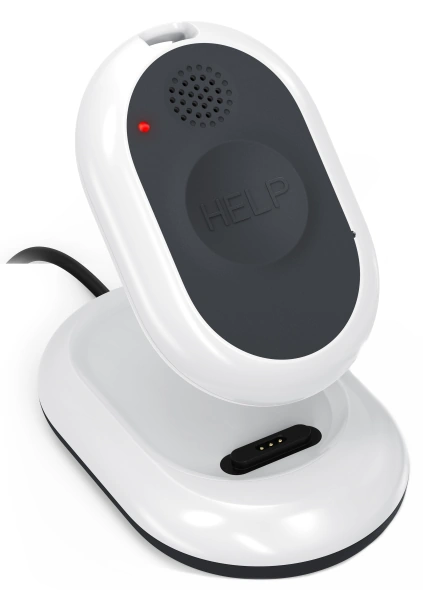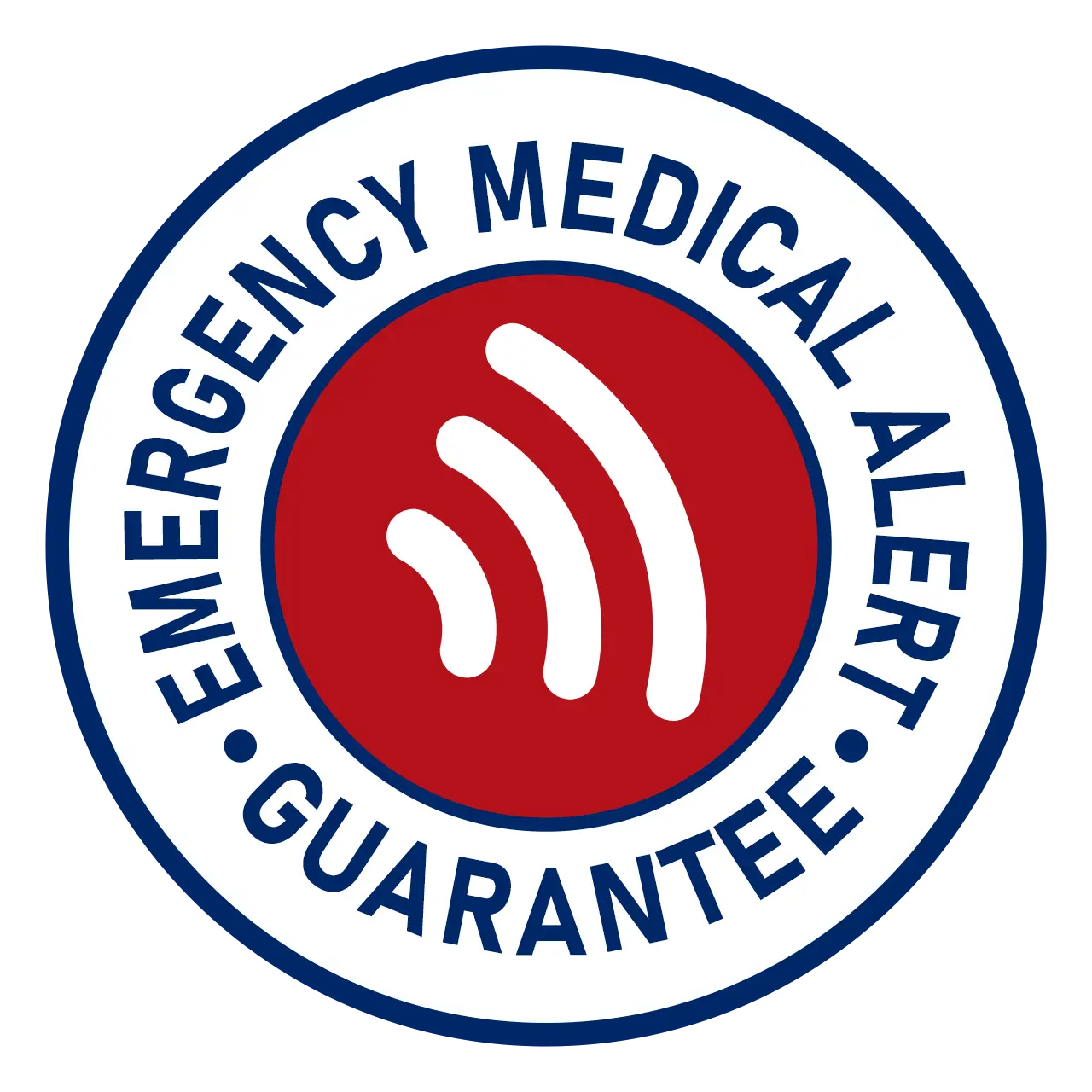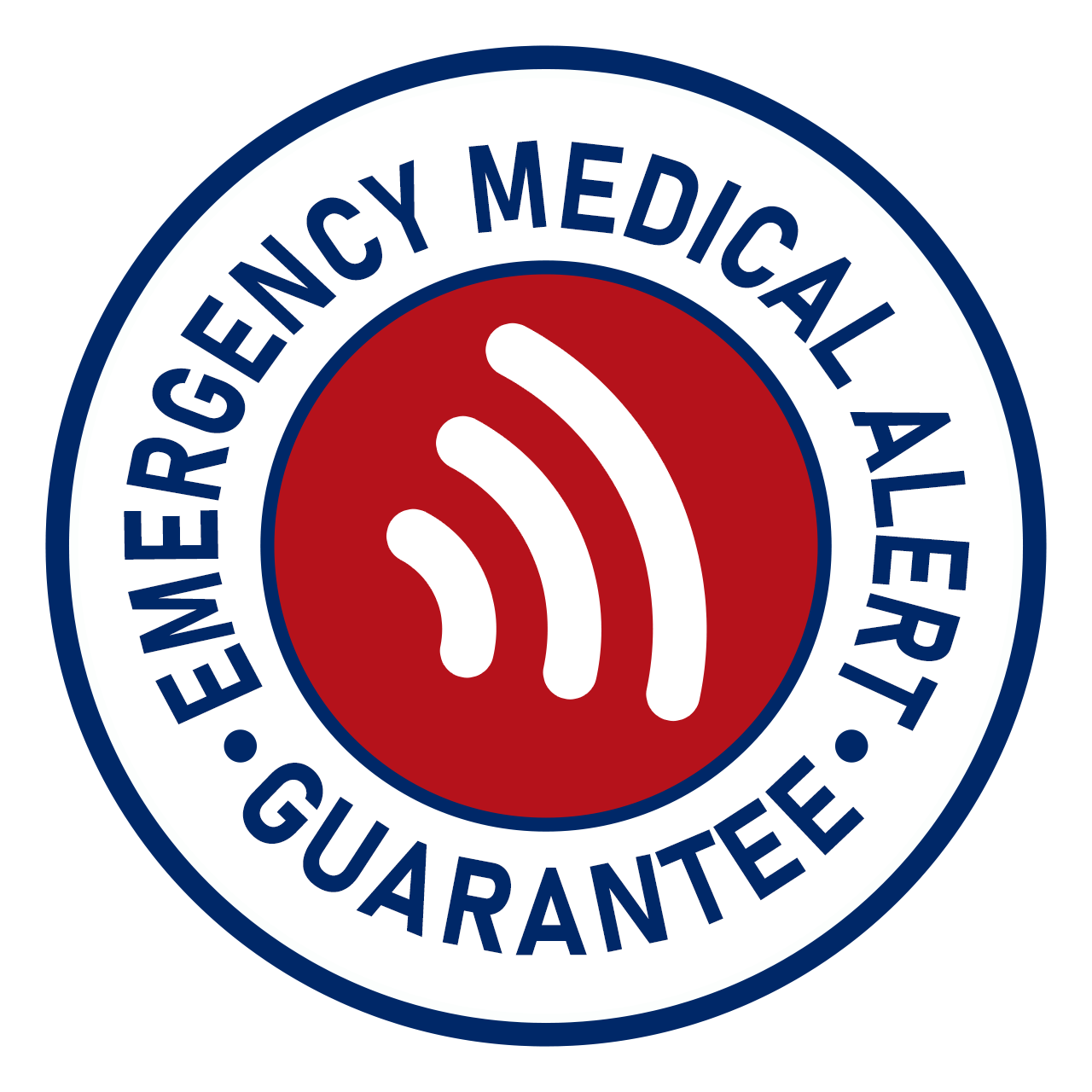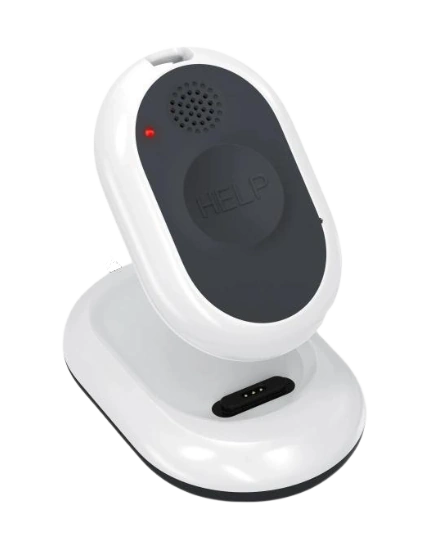What Does Medicare Cover And Not Cover? Know The Limits
Key Takeaway
Medicare covers hospital care, doctor visits, preventive services, and prescriptions, but it does not pay for long-term custodial care, routine dental, vision, hearing services, or most care outside the U.S. Knowing these limits helps seniors plan ahead by adding Medigap, Medicare Advantage, or standalone coverage to reduce out-of-pocket costs and protect their health and finances.
Medicare covers basic healthcare expenses for people aged 65 years and older, along with qualifying disabilities. Alongside this, it is important to understand areas where Medicare drops the ball in terms of coverage.
Being apprised of the strengths and weaknesses of Medicare enables its members to make wise choices about managing out-of-pocket expenses and possibly considering other insurance forms.
This article gives an overview of what Medicare covers and healthcare services that it does not cover. Some ways will be discussed on how one can reduce expenses and increase overall health coverage, while detailing the few things not included.
What Medicare Covers: Core Benefits You Can Rely On

Medicare ensures that a significant portion of the healthcare needs for people aged 65 and over are considered. Expenses for healthcare needs vary depending on their choice of facility and coverage.
Knowing exactly which benefits are covered under each Medicare section allows a beneficiary to elect the level of coverage that suits his or her needs the best, while at the same time giving him or her peace of mind and protection from scrambling for financial support.
Medicare is divided into four parts to accommodate different types of benefits.
Medicare Part A - Hospital Insurance
Medicare Part A pays for inpatient hospital services and related expenses such as hospital accommodation on a semi-private basis, meals, and treatments as ordered by a doctor.
It also pays for skilled nursing facility care for a limited time, hospice care for people who are expected to die within six months, and home health care if deemed medically necessary.
Coverage Highlights:
- Lengthy hospital admissions are paid in full by Medicare after a deductible is met
- Short-term skilled nursing facility care
- Hospice care
- Some home healthcare services
Medicare Part B - Medical Insurance
Part B pays for medically required outpatient treatments and care. These include office visits with doctors, diagnostic tests, preventive care, and items such as wheelchairs and walkers that can be used for numerous years. Part B premiums depend on a person's income.
Coverage Highlights:
- Doctor visits and outpatient care
- Lab tests and diagnostic screenings
- Preventive tests and checkups like mammograms, flu shots, physical exams, etc.
- Outpatient mental health care
- Durable medical equipment
Medicare Part C - Medicare Advantage
Part C is a different way for beneficiaries to get their Medicare benefits. These are private insurance plans that provide (1) the same Medicare benefits as Original Medicare and (2) additional perks such as dental, vision, hearing, fitness memberships, and prescription drugs.
Coverage Highlights (Varies By Plan):
- Almost everything is included with Original Medicare
- Many plans come with Medicare drug benefits
- Some plans might include dental, vision, and hearing benefits
- Extra wellness programs
Medicare Part D - Prescription Drug Coverage
You can get your prescriptions covered by paying for a Part D plan offered by a private company.
Plans differ in what medications are covered, required copays for prescriptions, and the selection of pharmacies covered. Participants have different premiums, deductibles, and expenses for various drugs chosen.
Coverage Highlights:
- Wide range of prescription drugs
- Tiered drug pricing
- Financial assistance for extremely expensive medications
- Individualized drug therapies for people with multiple or severe health problems
What Medicare Doesn’t Typically Cover: Gaps To Be Aware Of

Medicare can be an excellent source of various health benefits necessary for individuals of advanced age. However, services and support are not provided.
Although a considerable number of recipients are in desperate need of a particular service or support, the Medicare program does not cover them through the insurance system unless they have an additional insurance plan.
1. Long-Term Custodial Care
The care of a patient in a nursing home or assisted living facility is not something that Medicare will fully cover if it involves such daily activities as bathing or dressing.
Such a type of aid is custodial care, and it must be provided and paid for by the beneficiaries themselves, or they should be eligible for Medicaid.
2. Routine Dental, Vision, And Hearing Services
Basic Medicare does not pay for regular teeth cleanings, vision tests to obtain new glasses or contact lenses, or hearing tests or devices unless covered under a Medicare Advantage plan.
Some of these services might be covered under certain Medicare Advantage plans.
3. Eyeglasses And Hearing Aids
Medicare Part A and Medicare Part B will only cover these items after cataract surgery or if you are enrolled in a Medicare Advantage plan.
Individuals are responsible for the costs or may seek coverage through their insurance.
4. Cosmetic Procedures
They're only covered if a physician determines that they're necessary for medical reasons, such as restoration following damage.
5. Routine Foot Care
Most traditional Medicare plans do not pay for routine foot care services unless the patient has a medical condition that necessitates it.
6. Care Outside The U.S.
While Medicare rarely pays for medical services obtained outside the U.S., it may cover them in cases where care is necessary and can't be obtained within the country.
7. Certain Prescription Drug Costs
In many cases, you'll have to pay the entire price of a prescription that isn't included in your plan's formulary or falls into a higher tier.
How To Fill The Gaps: Smart Solutions For Better Coverage
Many people decide to enhance their Medicare coverage to ensure they aren't left with unforeseen costs. Some wise approaches include opting for:
- Medicare Supplement Plans (Medigap): They assist in paying additional costs that Original Medicare doesn’t include. They suit those who desire consistent expenses when using healthcare services.
- Medicare Advantage Plans (Part C): They typically link together your medical, hospital, and prescription coverage with benefits such as dental, vision, and additional health services. They may suit people who want a complete health insurance coverage package.
- Standalone Dental/Vision/Hearing Insurance: You can purchase additional policies if you don’t have a Medicare Advantage plan.
- Travel Insurance Or Emergency Coverage Riders: If you often travel, this could cover your medical expenses while abroad.
Conclusion
While Medicare is important, it’s also helpful to understand its limits. One possible solution to these gaps is to evaluate and choose suitable supplementary health coverage provided by different insurers.
If you are prepared, then you will be able to avoid unexpected obstacles, make sure that you take care of yourself, and do things of great importance.






















